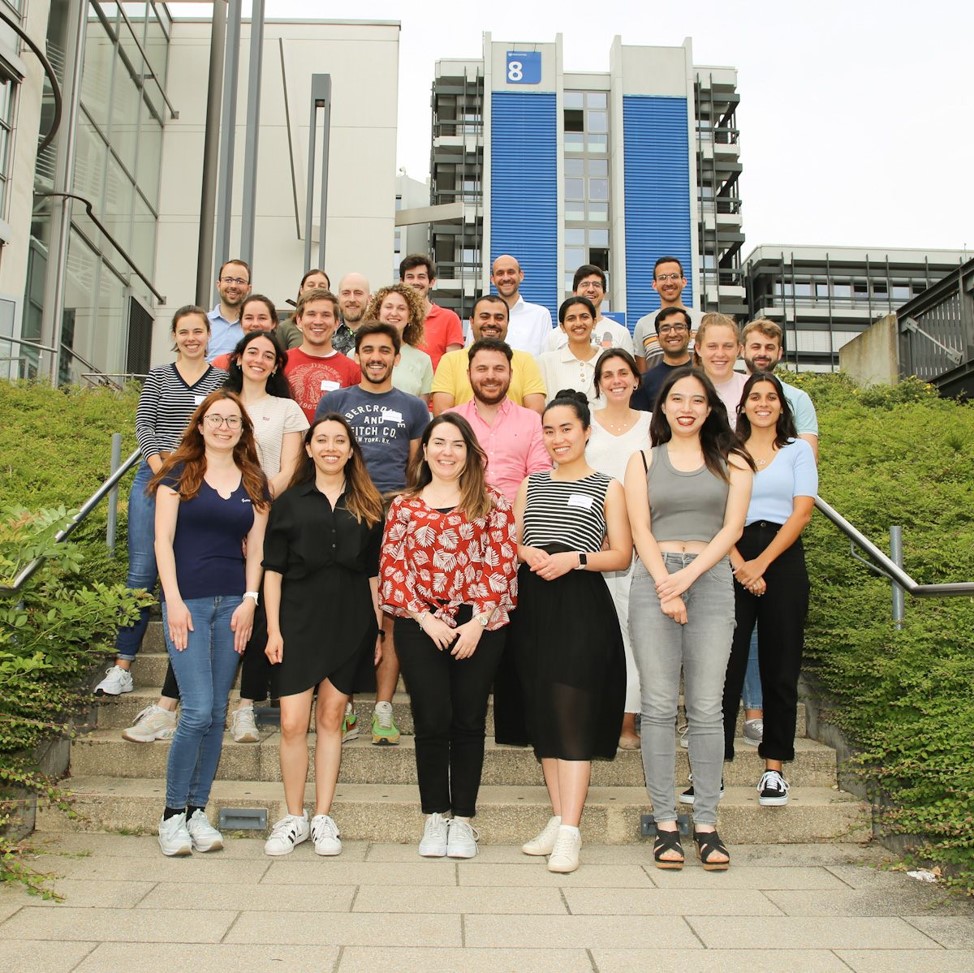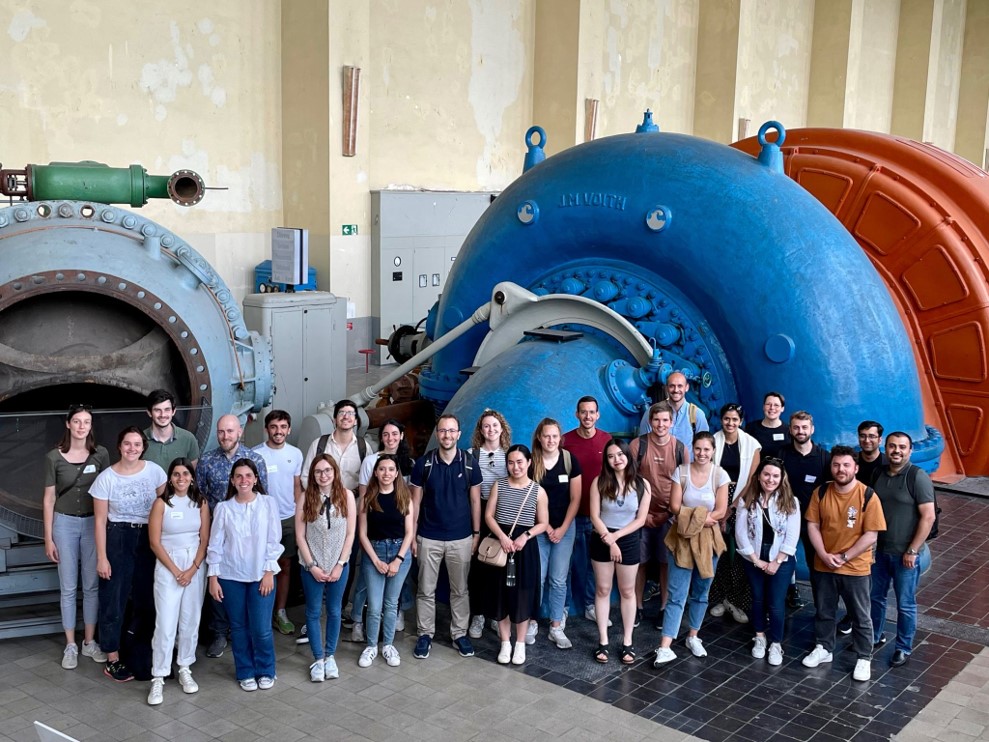By Clíodhna Ní Shé
Clíodhna Ní Shé is a PhD student in the Transport strand of NexSys, based in the School of Business at University College Dublin. Clíodhna’s research focuses on optimisation algorithms, with a focus on electric vehicle routing problems and last mile logistics. A vehicle routing problem is a combinatorial optimisation problem which aims to find the optimal set of routes for a fleet of vehicles to traverse in order to deliver to a given set of customers. Last mile logistics concerns the last stretch of the supply chain, from the last distribution centre to the recipient’s preferred destination point.
In her spare time Clíodhna plays Gaelic Football for Carlow. From 25 to 29 June, she attended the EURO PhD summer school on sustainable supply chains in Hagen, Germany, and writes about her experience below.

Sunday
I set out from Dublin to Dusseldorf airport, where I would have to navigate two connecting trains and a bus to get me to my accommodation in Hagen, a city in the state of North Rhine-Westphalia. I was due to arrive at my accommodation around 12 noon, but due to numerous delays and miscommunications in Deutsche Bahn, I only checked in at 5 o’clock. Hungry from the arduous trip, I was overjoyed to be greeted by a generous buffet of Lebanese food as I entered the Sunday evening get together. Following mildly awkward introductions, we enjoyed the delicious food in the heat, along with bottles of beer, cola and ‘radler’, a traditional German drink.
Monday
Bright and early in the morning, summer school delegates walked from the accommodation to the FernUniversitat, Germany’s only state distance learning university. With over 73,500 students, it is also the largest university in Germany. Throughout the busy week we were treated to lectures and tutorials on designing sustainable supply chains, benchmarking supply chains, and the circular economy. Monday’s lecture and tutorial concentrated on assessing sustainability in supply chains. First, I learned about the relevance and challenges of life cycle sustainability assessments. Following this, I learned about the steps of a life cycle assessment (LCA) and how to interpret the results. I was then introduced to social LCA and how to assess the environmental and social impacts, an interesting aspect of LCA that I hadn’t encountered before. In the afternoons, we were split into groups to work on various case studies. The case studies were introduced to us by representatives from industry partners Volkswagen and Holocene.
Tuesday-Wednesday
As the week went on, lecture focused on the planning of sustainable supply chains and the problems that arise when doing this planning. As part of learning about benchmarking sustainable supply chains, we were also introduced to data envelopment analysis.
A highlight of the trip was the field trip on Tuesday evening that we took to the Koepchenwerk pumped storage power plant, which has been shut down since 1994. We were treated to a very informative tour of the scenic plant. We then walked to an Italian restaurant where we had a lovely meal together.
Thursday
Thursday’s lecture on the circular economy was particularly interesting as we discussed many possible circular supply chains and the possible advantages and disadvantages of them, as well as their realistic viability.
On this final day of the summer school, we presented our case study presentations to our peers and to the relevant stakeholders.
Returning home
There is no doubt that throughout the week we gained valuable knowledge from experts that guided us through cutting edge quantitative research in this vital field. However, the most valuable information was gained from my peers with whom I collaborated and had the opportunity to share stories and connect with.


Pictured above: Summer school participants
